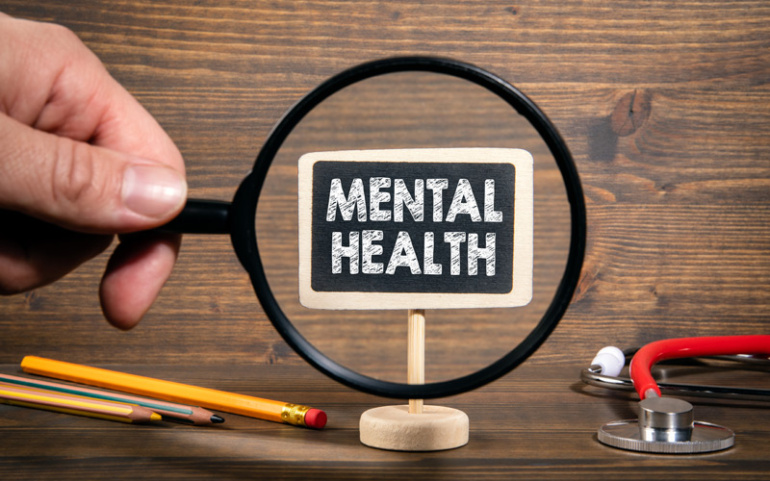Community Approaches from the ISA
Idaho Resources | Read Idaho’s civil commitment statutes
Mental health has a major impact on all of law enforcement. Idaho’s sheriffs engage every day with the community in dealing with mental health concerns among the public and those (with some kind of mental illness) who engage in criminal activity or risk the safety of others or to themselves. As an association of sheriffs, we embrace a sensible and compassionate policy toward the mentally ill that includes training and awareness among our deputies and staff, compassionate policing practices that promote the safety of mentally ill individuals and the public, best practice approaches in enforcing the law with people who have mental illness, and best practice approaches to apprehension, incarceration, or institutional custody of mentally ill offenders.
A major challenge throughout our state is the persistent and repetitive issues with people who need treatment. This is an issue facing communities throughout the United States. The National Sheriff Association (NSA) as policy through June 2024, supports the National Advocacy Treatment Center and its work in assisting the mentally ill in our nation and locally communities.
Advanced Outpatient Treatment
Assisted Outpatient Treatment (AOT) is the practice of providing community-based mental health treatment under civil court commitment, as a means of: (1) motivating an adult with mental illness who struggles with voluntary treatment adherence to engage fully with their treatment plan; and (2) focusing the attention of treatment providers on the need to work diligently to keep the person engaged in effective treatment. An AOT Program is an organized, systematic effort within a mental health system to ensure that AOT will be made available to those who need it to live safely in the community.
Below is some information about Idaho from the Treatment Advocacy Center:
https://www.treatmentadvocacycenter.org/browse-by-state/idaho
Getting your loved one help in Idaho: In a psychiatric emergency, the more you know about your state’s laws and treatment options, the better prepared you will be to respond in the most effective way possible. These resources will help:
- Essential information on who may initiate proceedings leading to mandatory treatment
- State standards for emergency hospitalization for a psychiatric evaluation
| Estimated Prevalence of Severe Mental Illness in Idaho (2020)Total adult population: 1,376,400Individuals with schizophrenia: 15,140Individuals with severe bipolar disorder: 31,657(SOURCE: NIMH and US BUREAU OF THE CENSUS, 2020) |
Mandatory Treatment Laws in Idaho
Like every state, Idaho has civil commitment laws that establish criteria for determining when involuntary treatment is appropriate for individuals with severe mental illness who cannot seek care voluntarily. Idaho’s laws allow for the use of court-ordered treatment in the community, known as assisted outpatient treatment (AOT).
Criminal Diversion in Idaho
Criminal justice officials are responding to the criminalization of individuals with innovative programs designed to divert individuals with severe mental illness away from the criminal justice system. Two of the most promising programs are: mental health courts and crisis intervention training (CIT).
| Percentage of population served by a mental health court | Percentage of population served by CIT | Combined average | |
| 76% | 58% | 67% |
(SOURCE: PREVALENCE OF MENTAL HEALTH DIVERSION PRACTICES: A SURVEY OF THE STATES, Treatment Advocacy Center, 2013)
Policy Recommendations
- Stop eliminating public psychiatric beds
- Restore a sufficient number of beds to create access to inpatient care for qualifying individuals in crisis
- Make active use of the state’s civil commitment laws to provide more timely treatment to individuals in need of treatment for symptoms of psychiatric crisis and reduce the consequences of non-treatment on them, their families and their communities


Add Comment